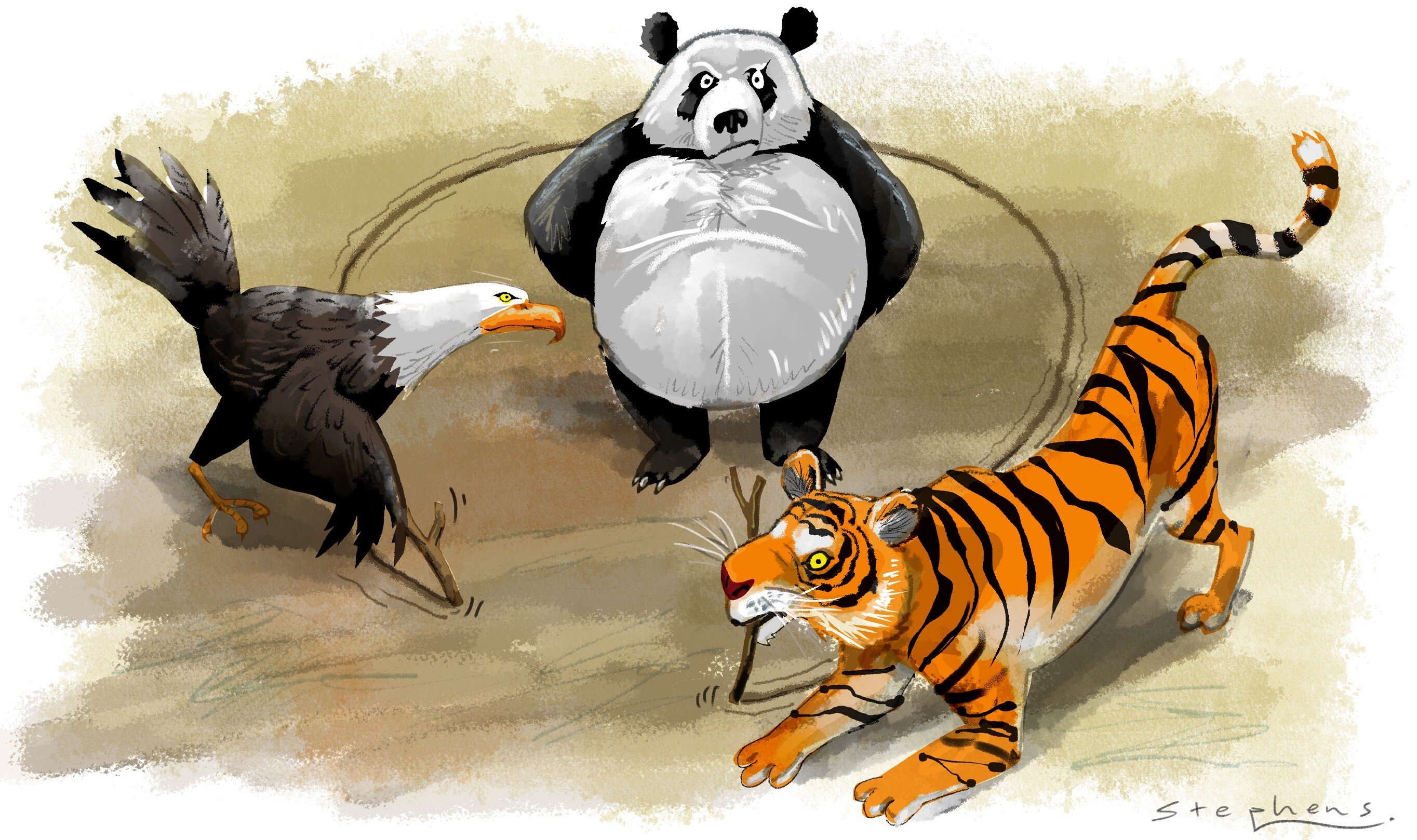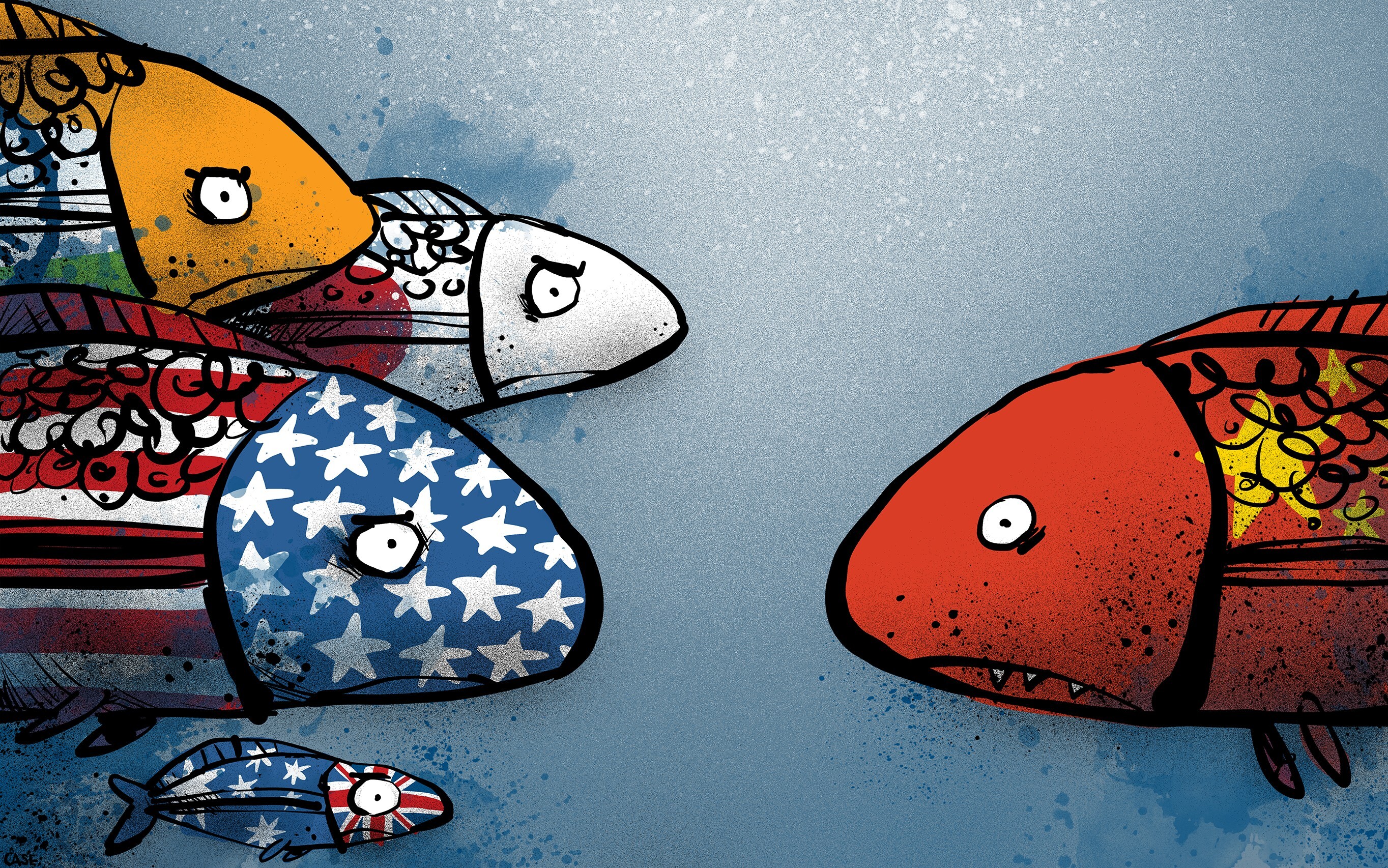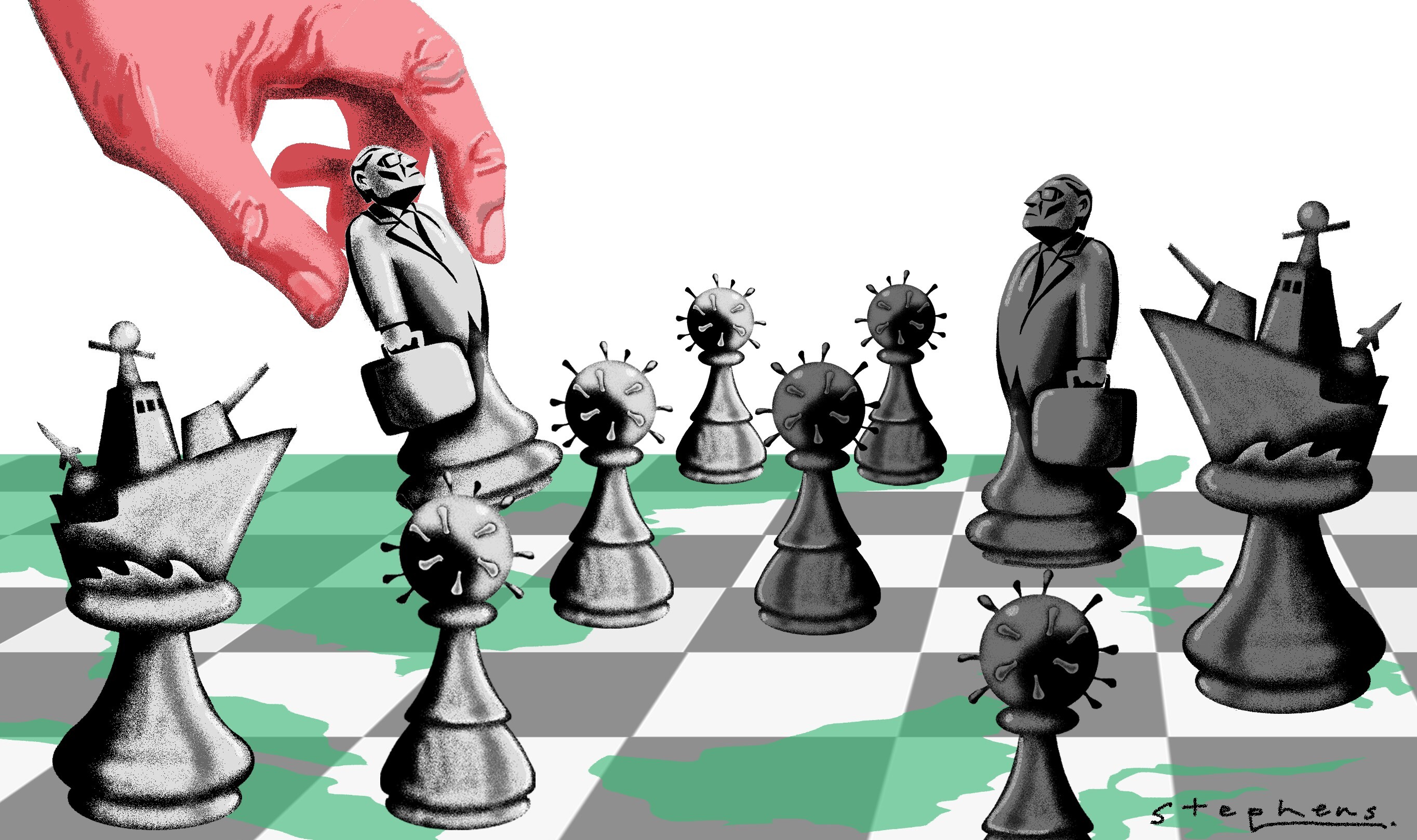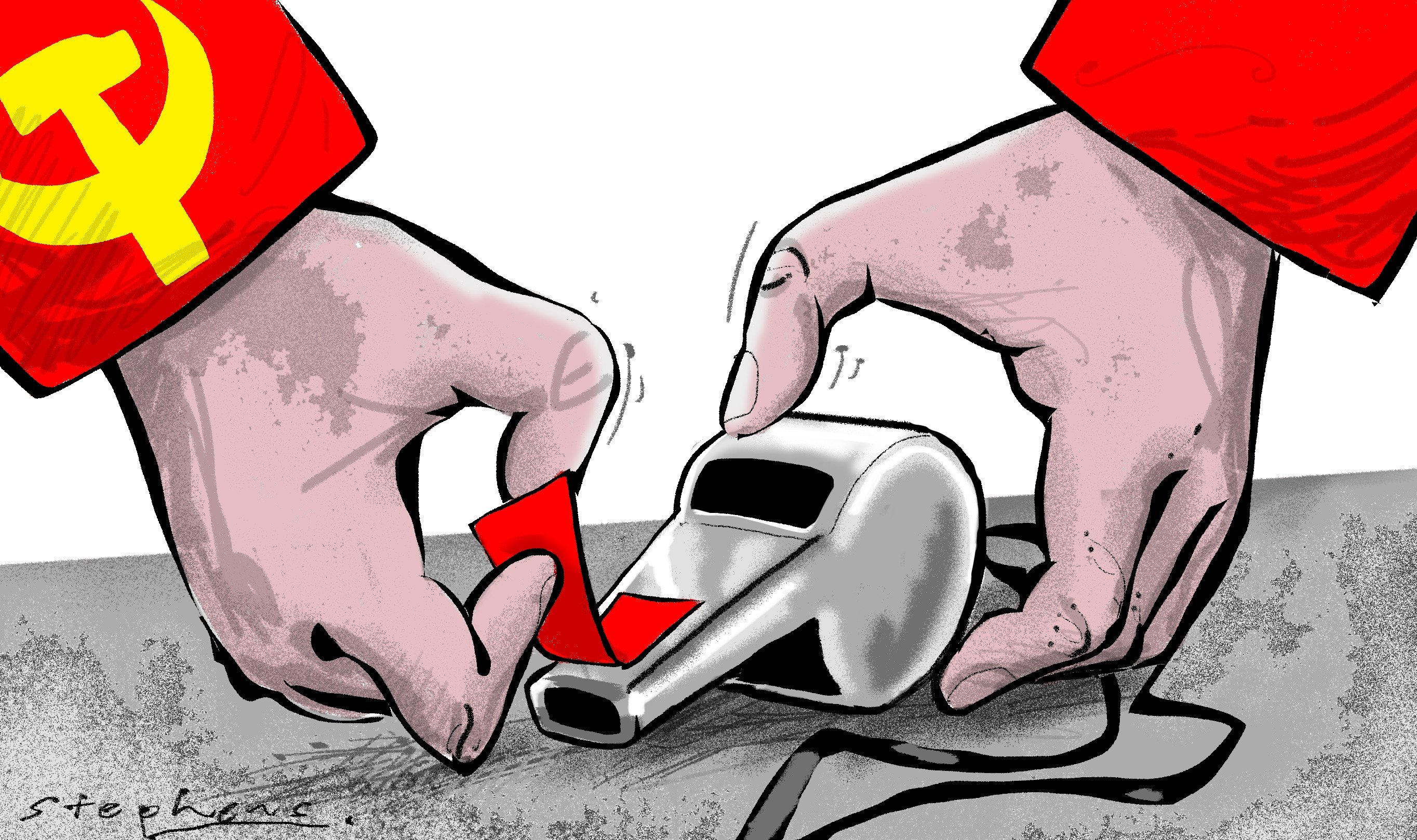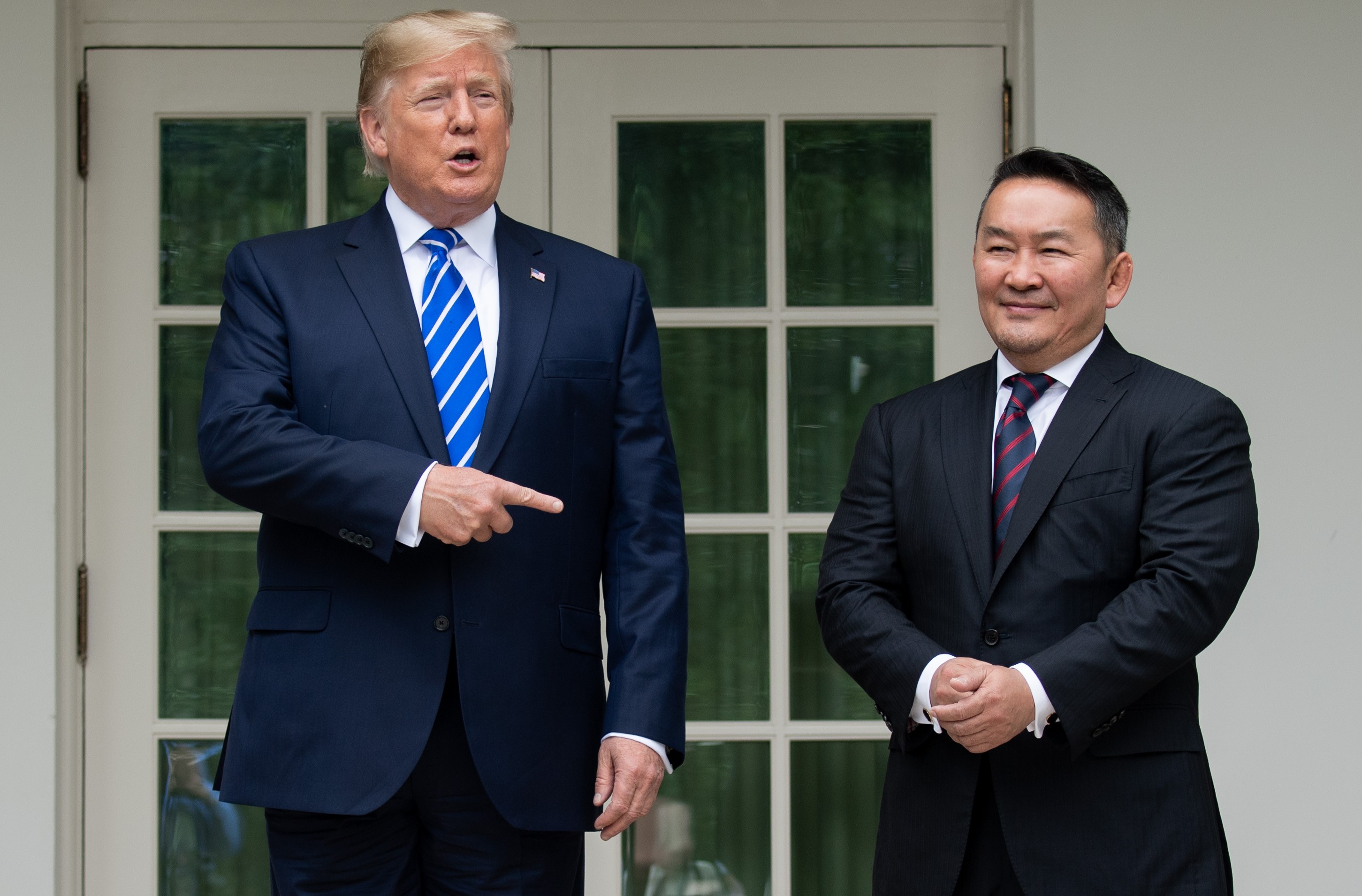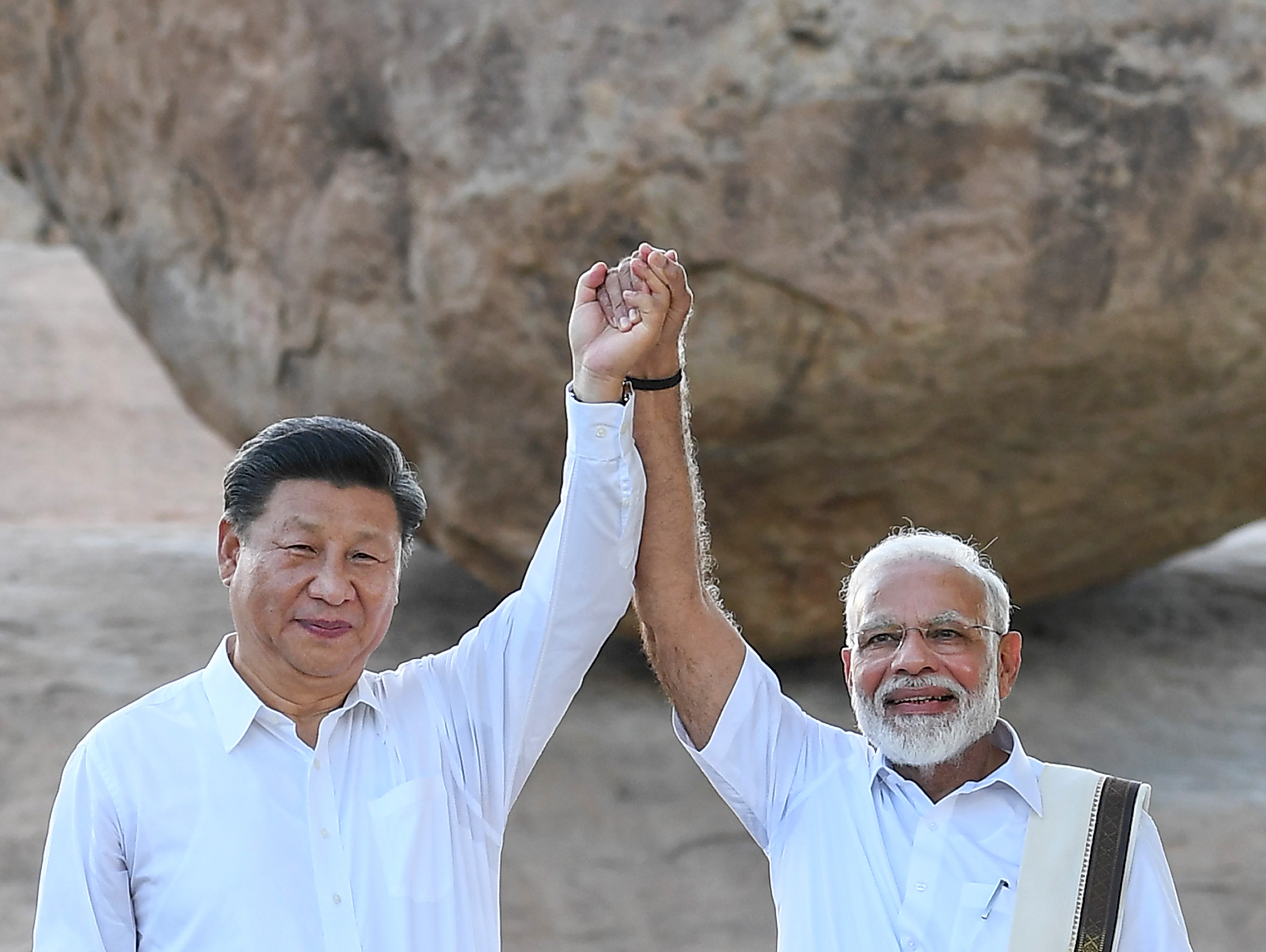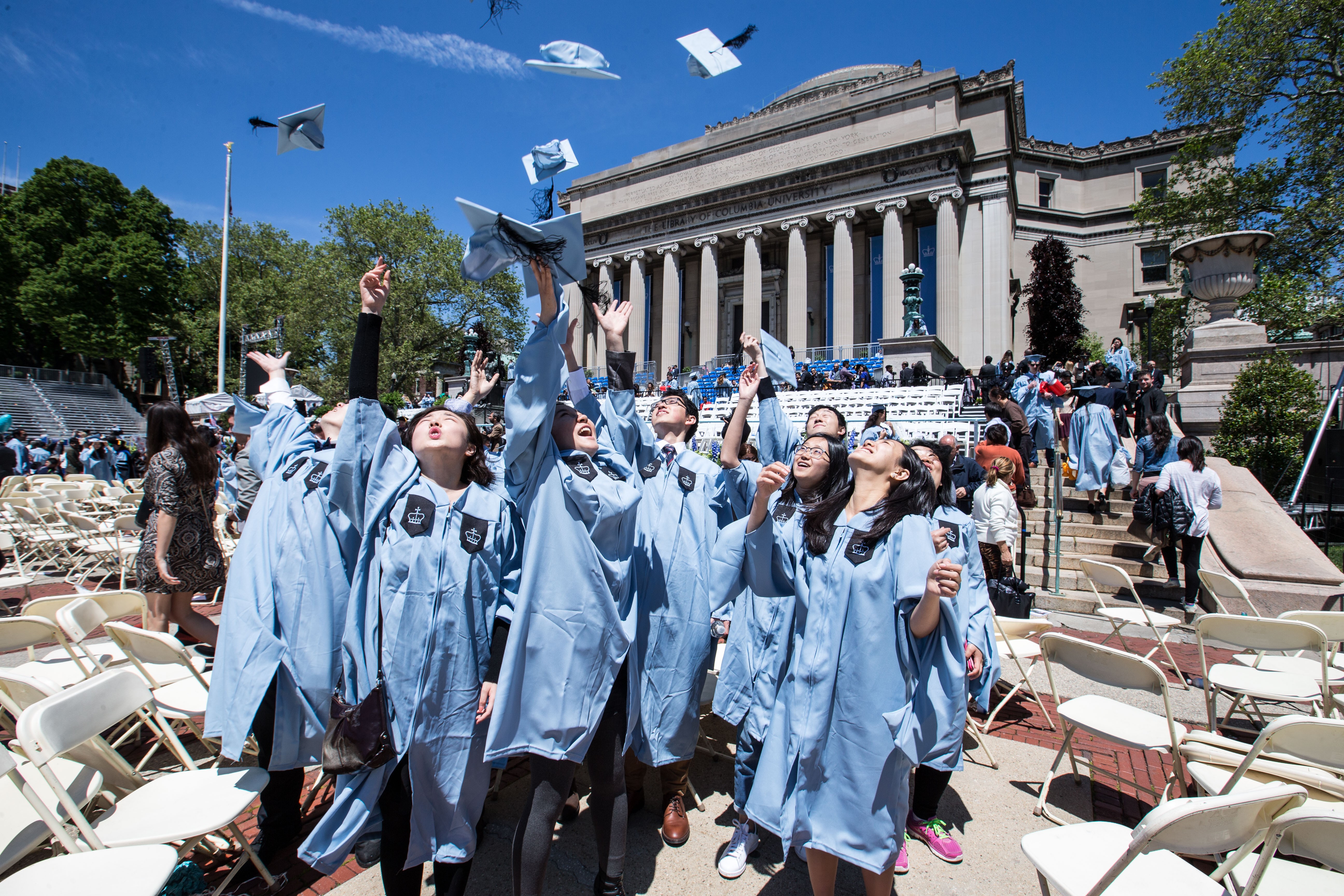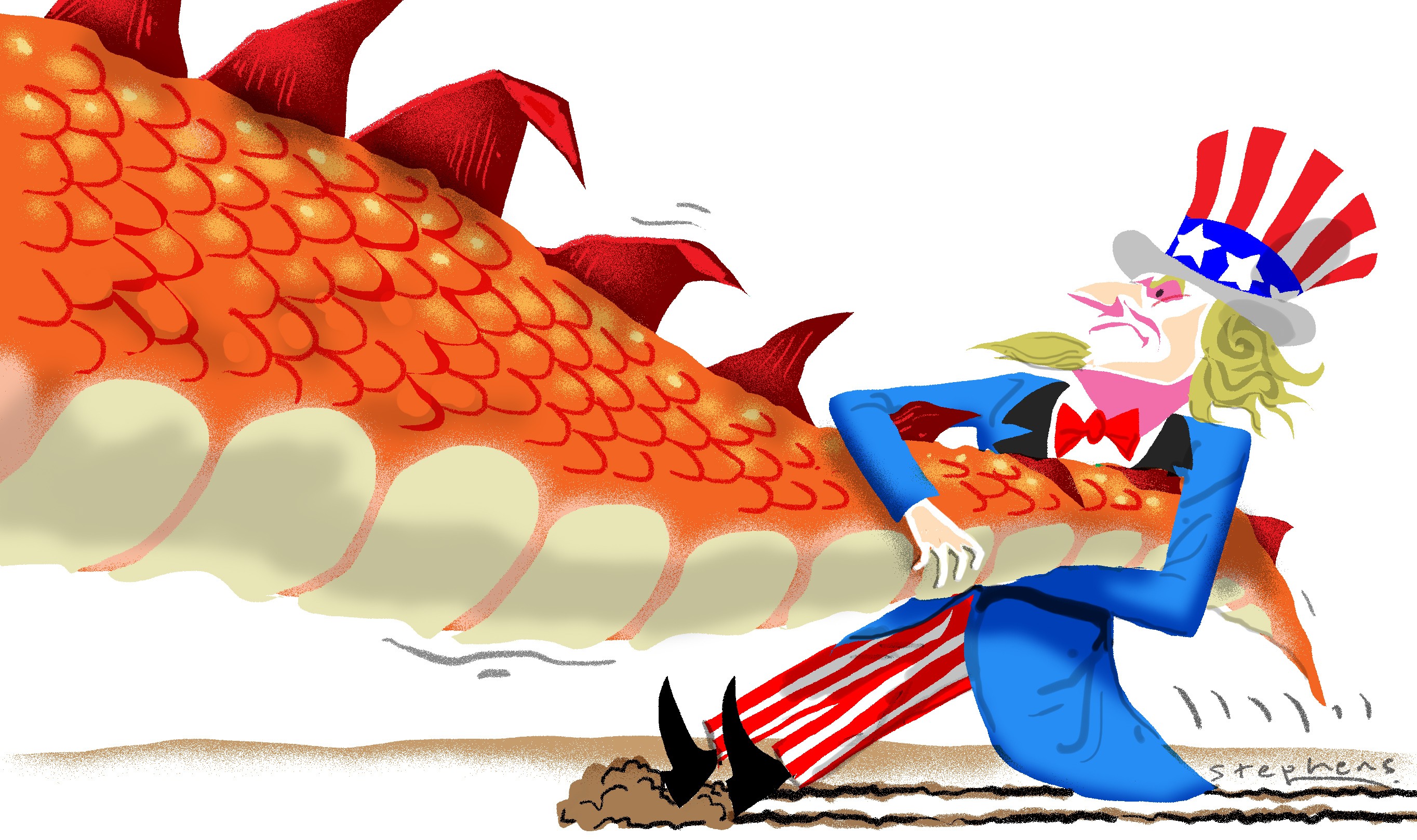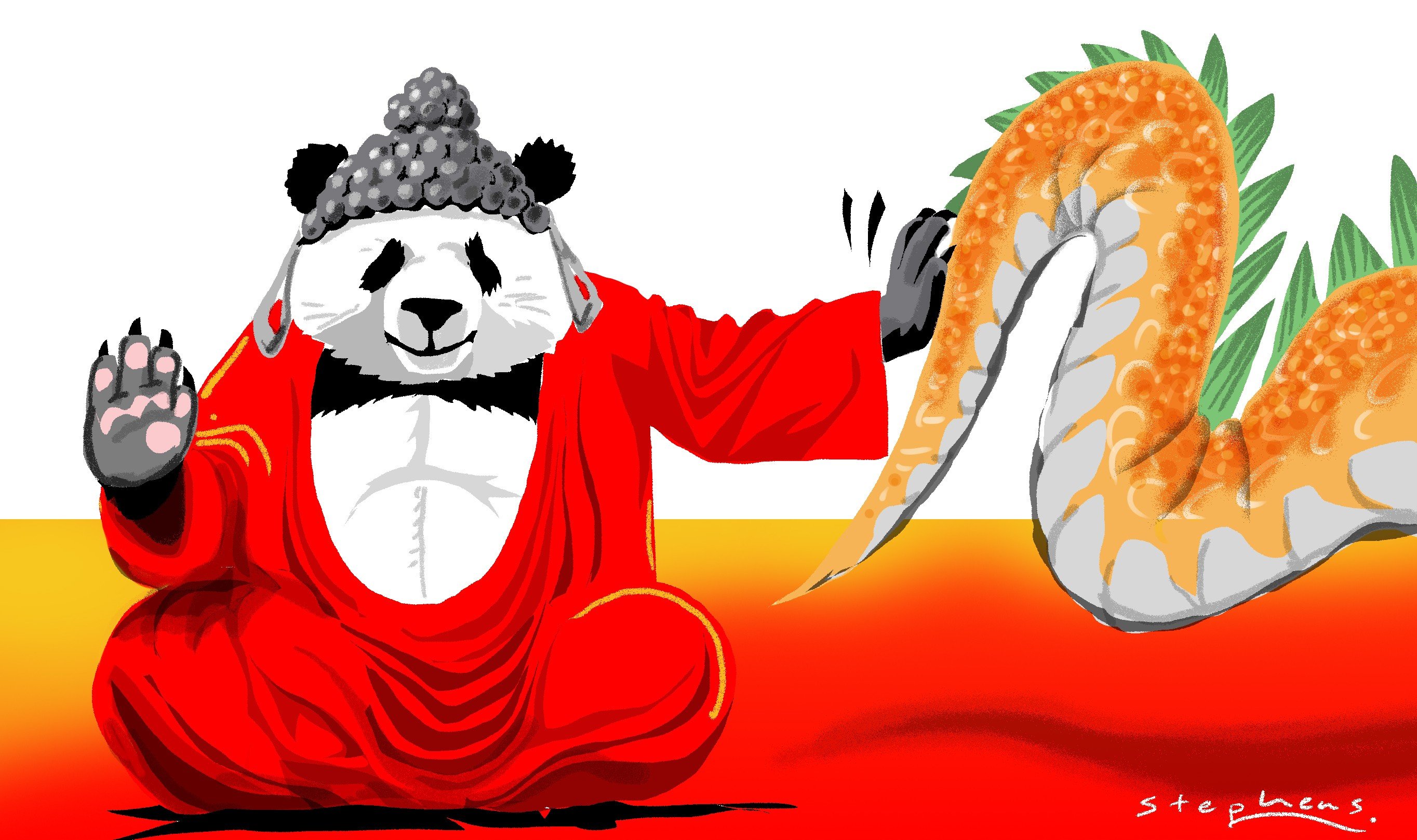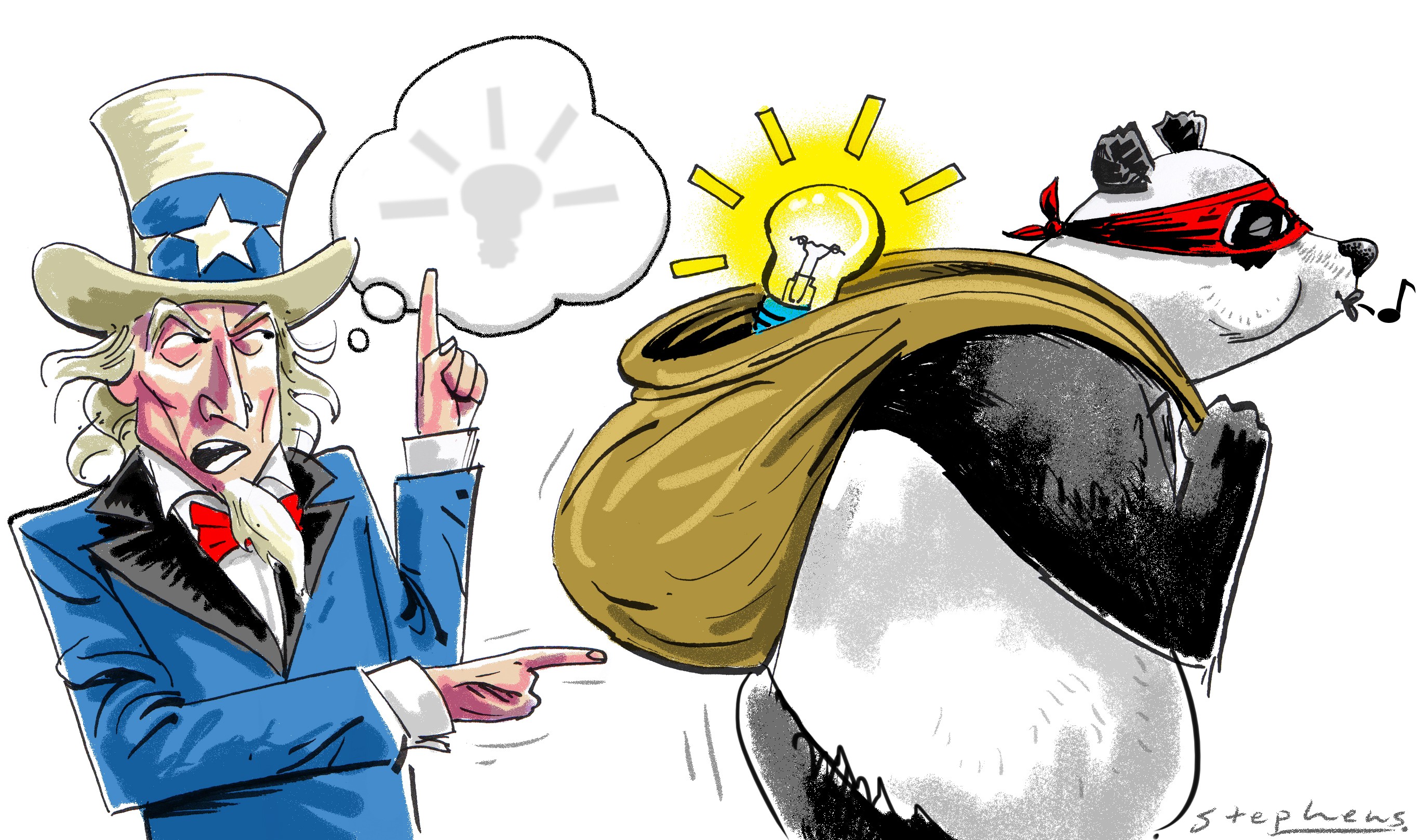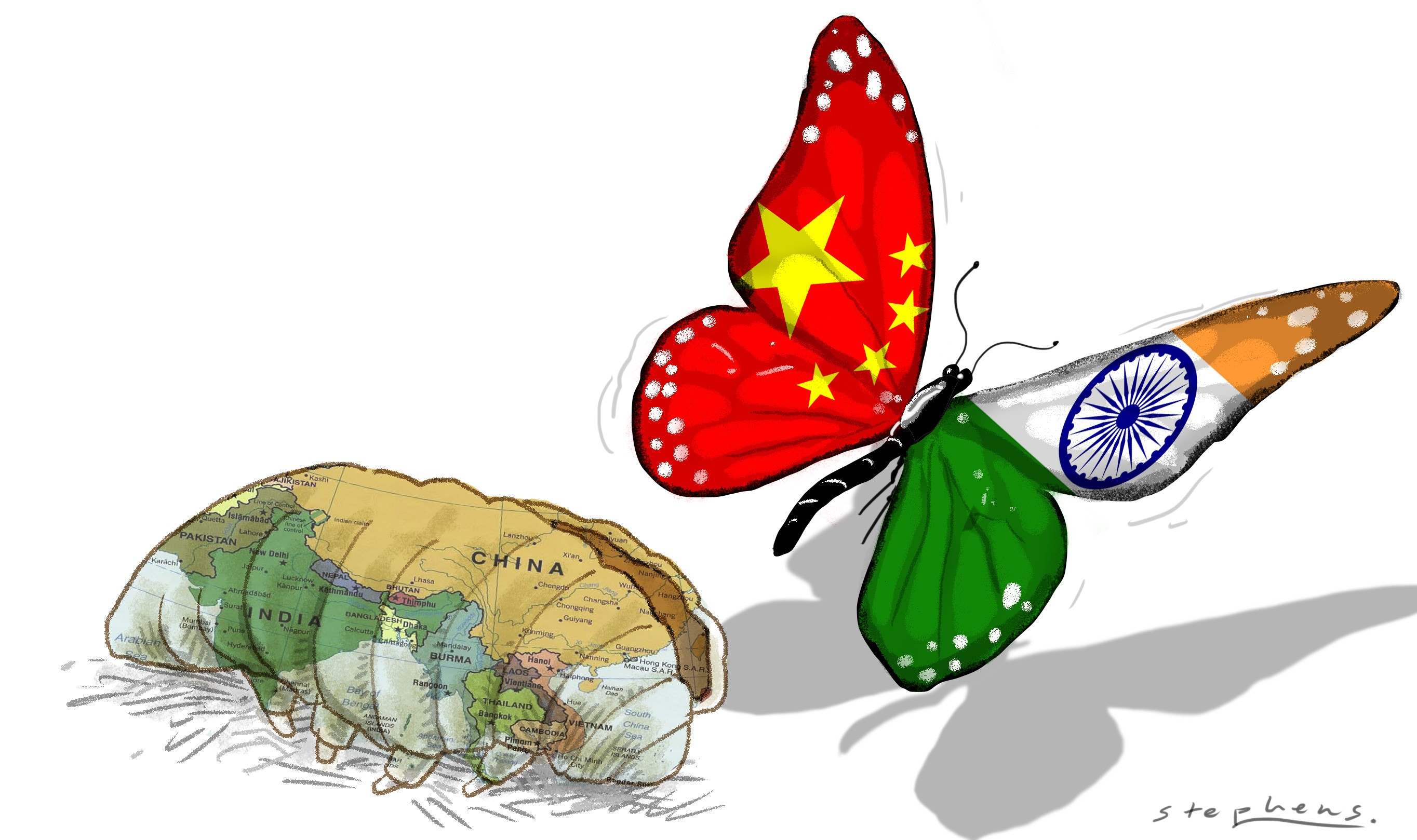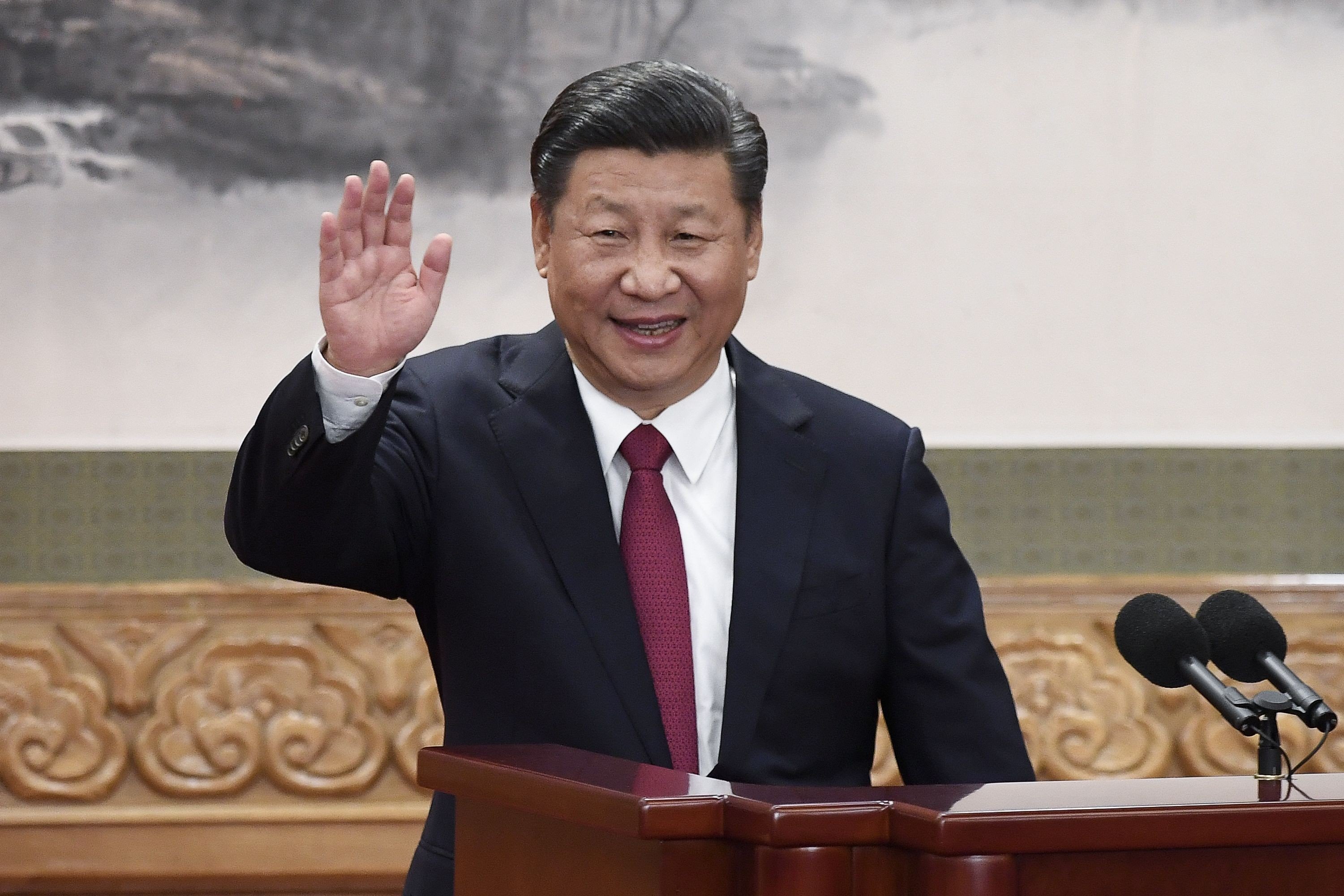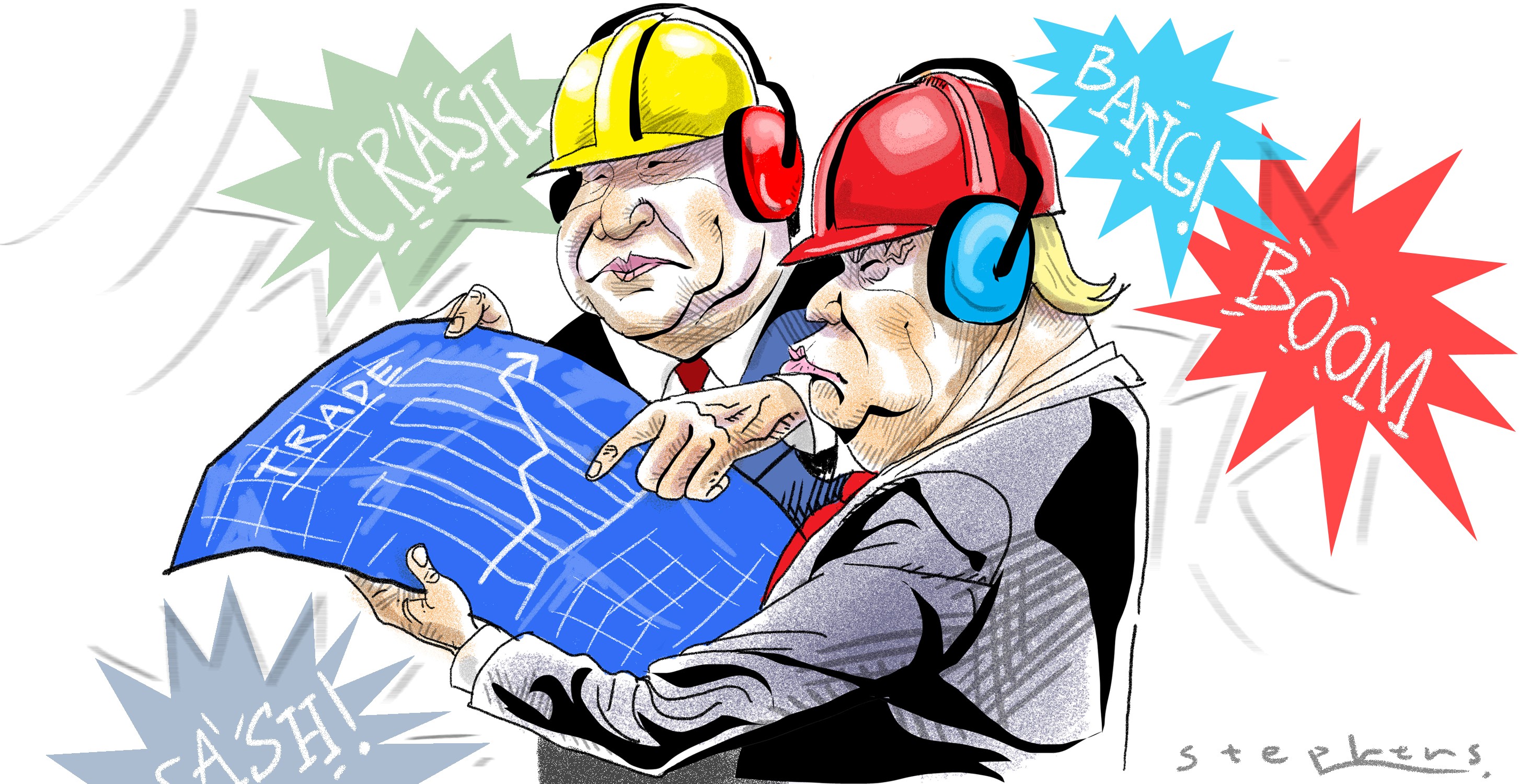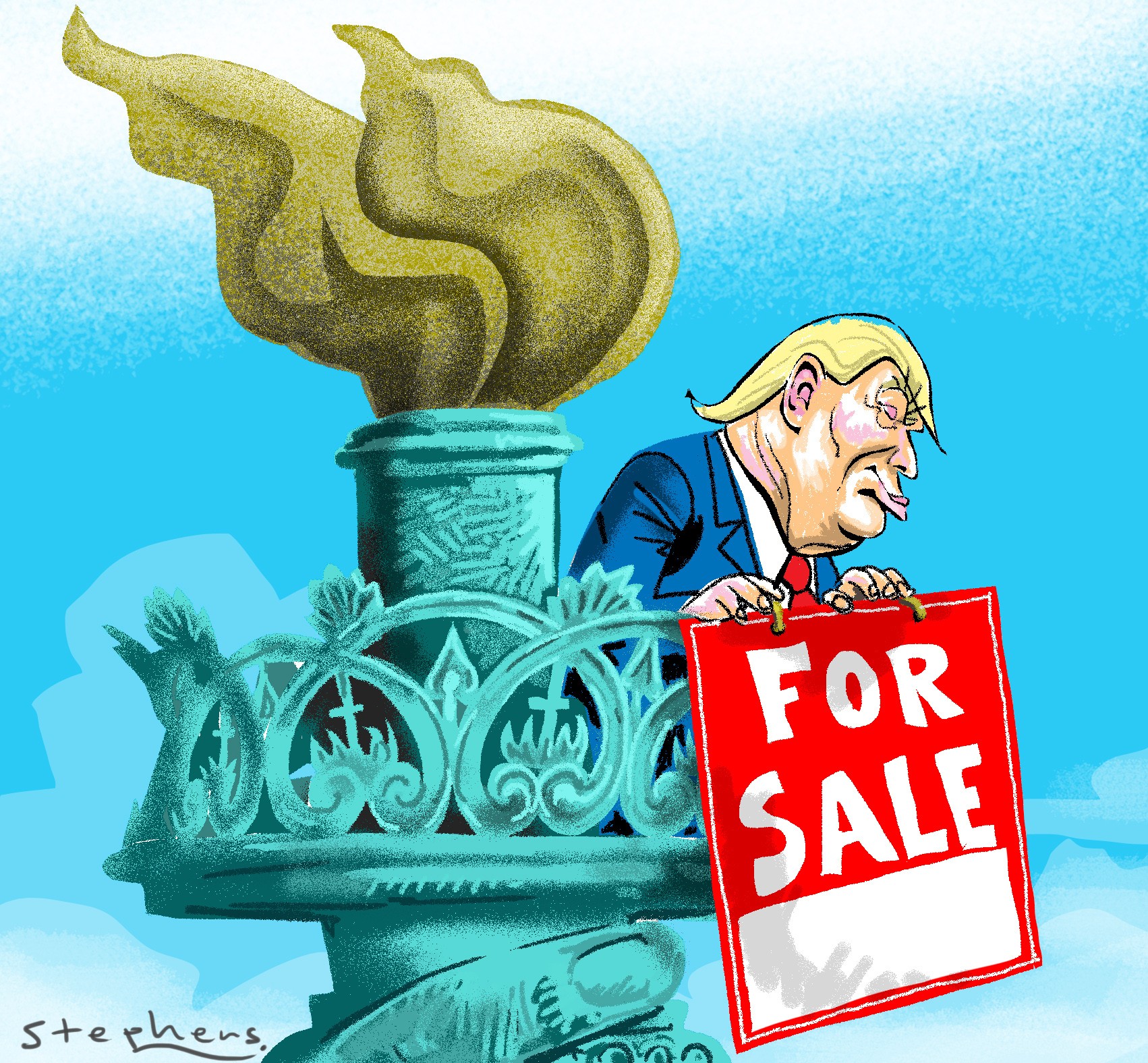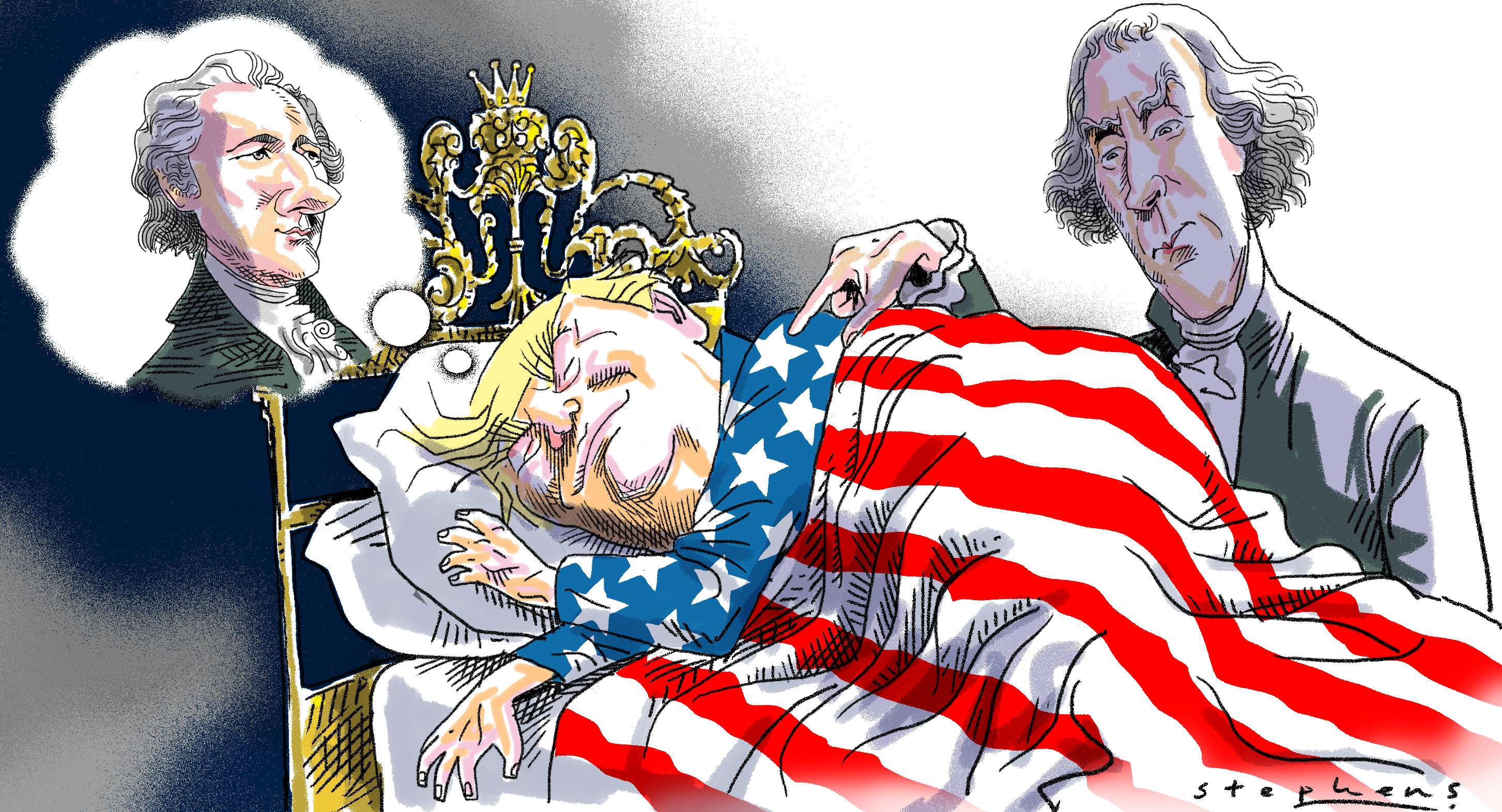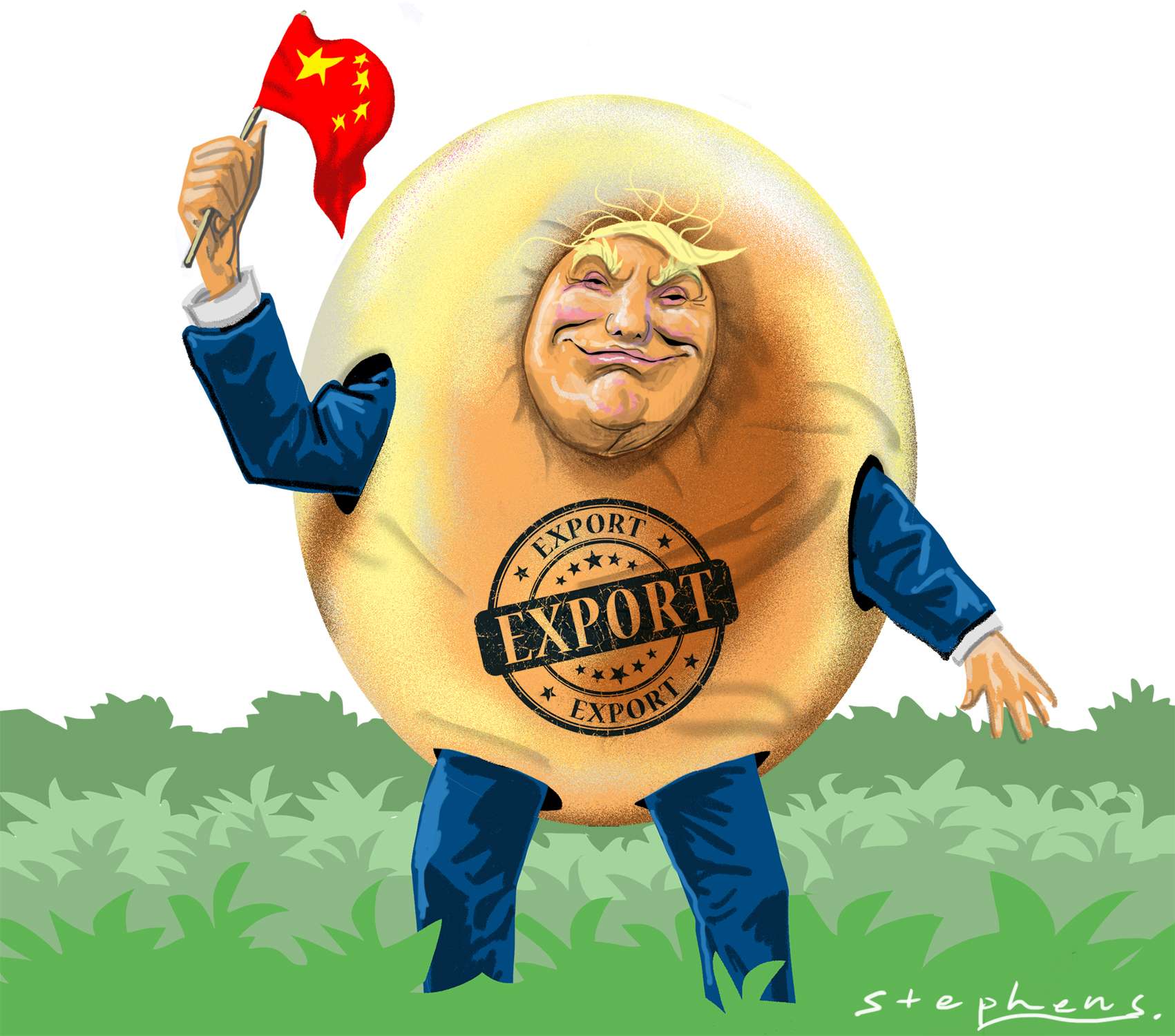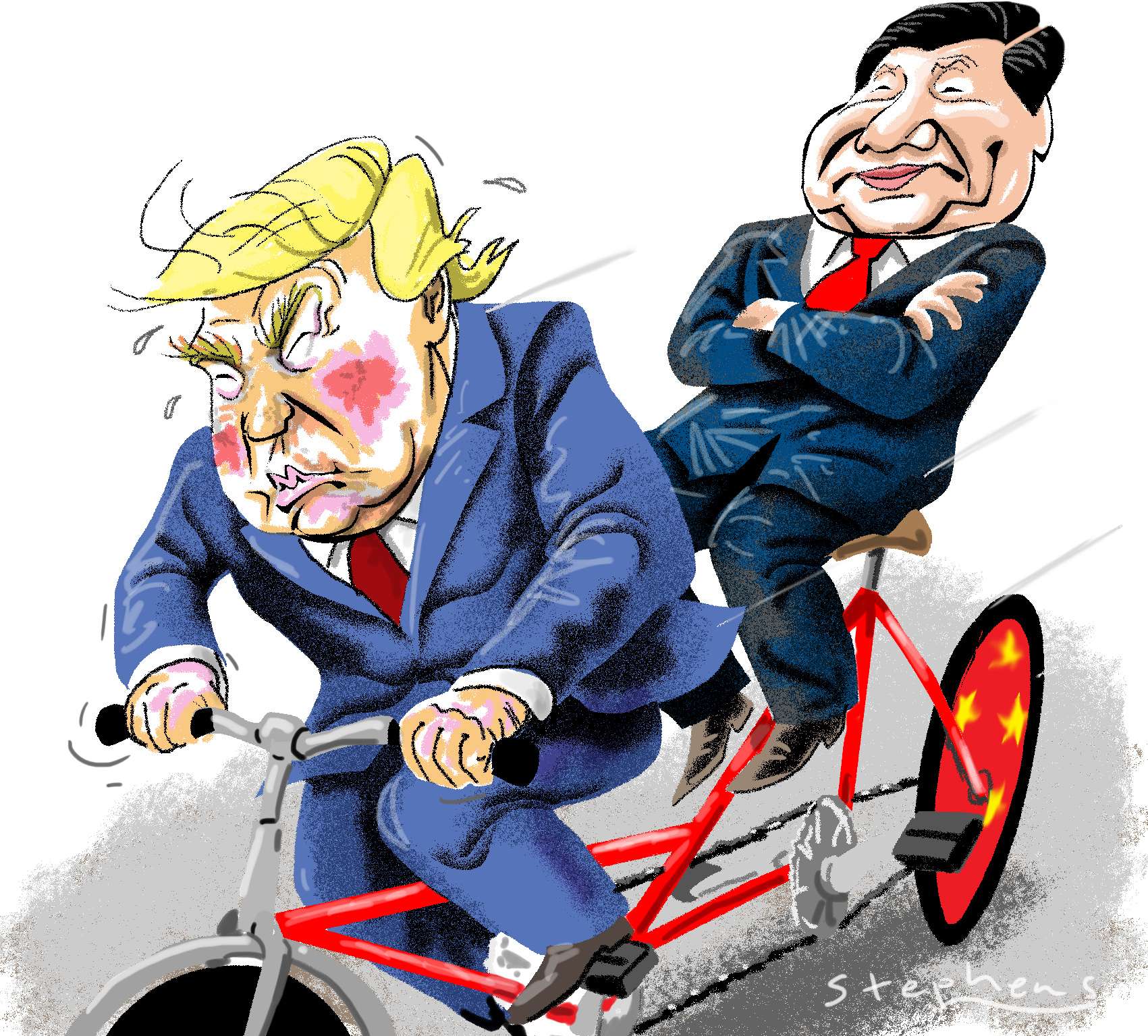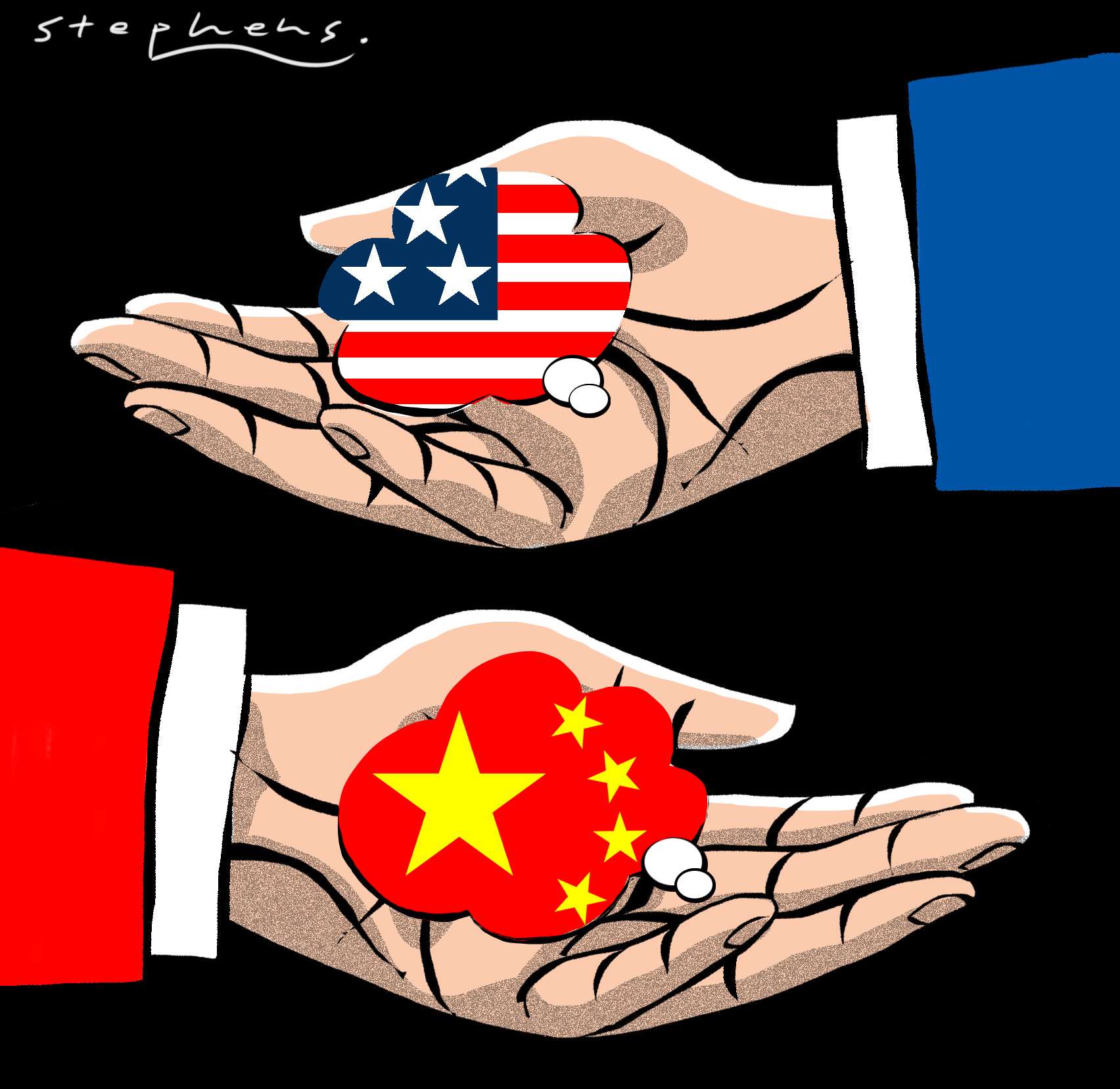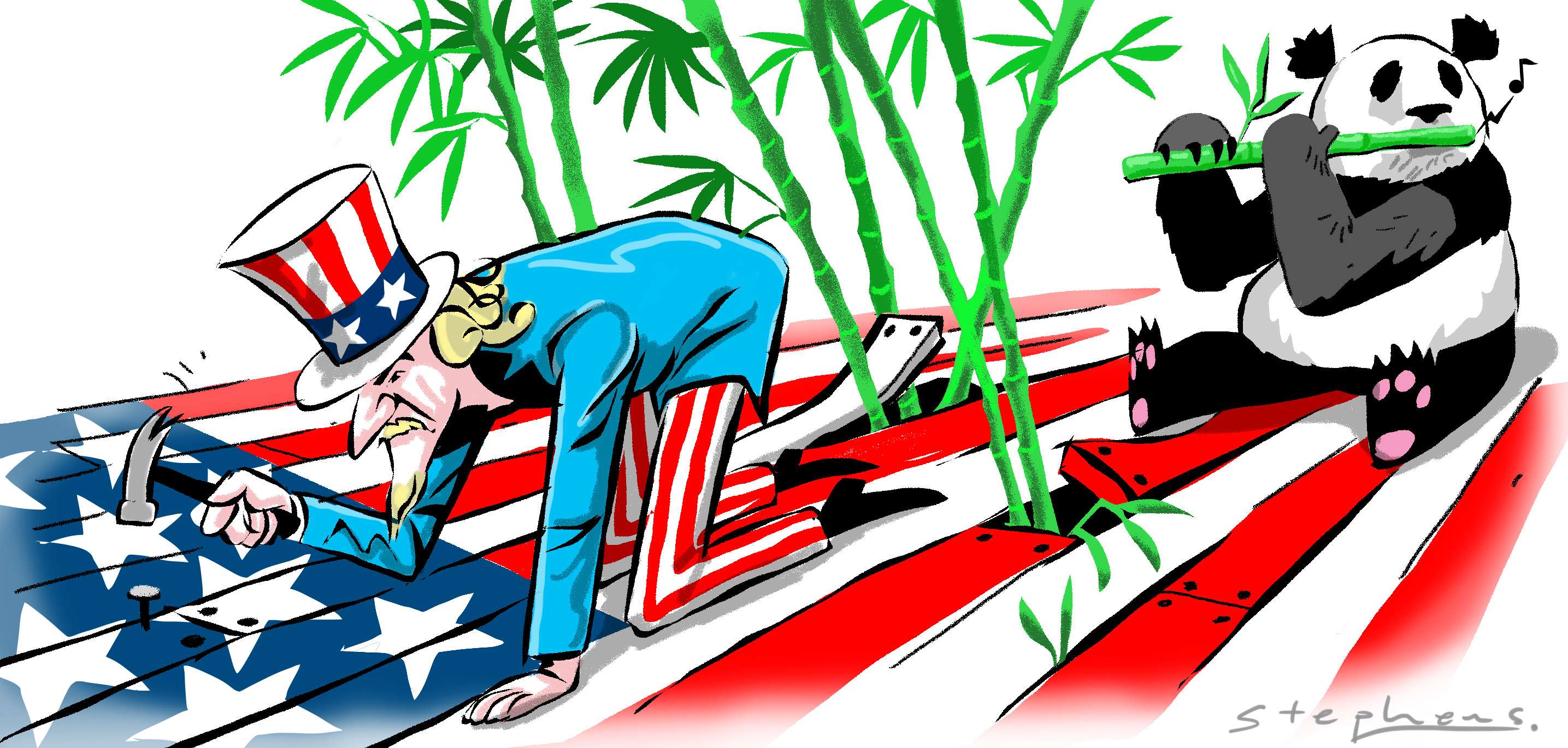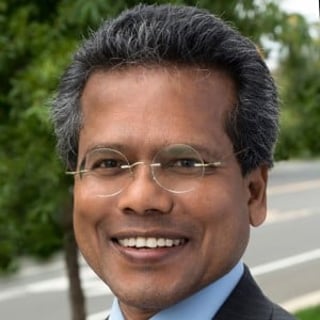
Not only was the signing of the US-India defence pact important, the visit by America’s top two national security officials came just a week before the presidential election, signalling a longer-term shift in US policy.
China’s assertiveness towards its neighbours is not only destabilising to the region but also becoming a global security concern.
From mask diplomacy and leadership at UN agencies to power projections in the South China Sea, Beijing’s expansion brings it increasingly at odds with Trump’s America.
Even though the Sars disaster demonstrated the need for greater openness, China has made the same mistakes in the current crisis while expecting a different outcome. Wuhan’s decision to suppress the bad news was particularly dire.
Mongolia, with its large, resource-rich land mass and small population, is economically dependent on China. Will its courtship of India and the US pay off?
New Delhi wants to cut its trade deficit with China, gain access to its markets and lure manufacturers to set up in India. Beijing, meanwhile, wants India to join the RCEP free-trade agreement and use Huawei’s 5G technology, while being mindful of China-Pakistan Economic Corridor tensions.
America’s founders, like Confucius before them, saw education’s anti-authoritarian qualities. Banning Chinese students would end a potent US edge in its ideological rivalry.
The US should not take China’s talk of a ‘peaceful rise’ at face value, but must work with allies to move China towards international norms, rather than contain it.
Beijing should reach into its shared Buddhist heritage with its neighbouring countries for the basis of a China model that has universal appeal, and a new Pacific world order that is built on peace.
Whatever measures the Trump White House deploys against China to enforce respect for intellectual property rights, it should not lose sight of the historical perspective of how nations develop.
The Xi Jinping-Narendra Modi summit highlights the need for a rethinking of relations between the two countries.
With China-US economic and investment relations strengthening by the day, points of disagreement could well be resolved in a mutually beneficial way, notwithstanding the warnings of tariffs and other punitive measures
Patrick Mendis and Joey Wang say both sides should seek to return to the principles that brought mutual economic benefit. For Beijing, this means showing it truly seeks a peaceful rise, while Washington must ditch its cold-war mentality.
